An Interview with John Hegley
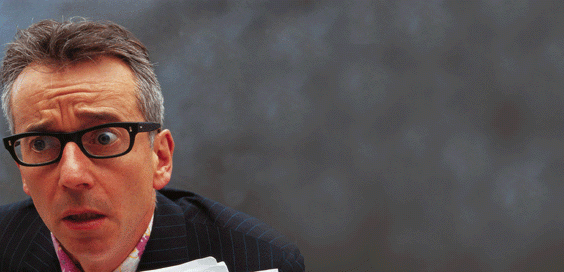
By Nigel Armitage
It is characteristic of John Hegley – performance poet, comedian, singer and player of the mandolin – that he should start the interview by announcing a poetry competition for the On: Magazine readership. He has the first two lines of a new verse and thinks a prize is in order to the reader who comes up with the best way to finish it off:
A narrow-gate in Harrogate
I couldn’t quite get through…
He’s been doing this sort of thing for thirty years, debuting at what he calls the ‘meat-eating’ Comedy Store in London, along with just about every other comic performer worth watching in the 1980s. Since then he’s gone on to publish ten books of verse and prose pieces, the latest of which is The Adventures of Monsieur Robinet, a collection of poems and a short drama each presented in (very beginners!) French and English. He’s currently bringing it to exuberant life at theatres around the country.
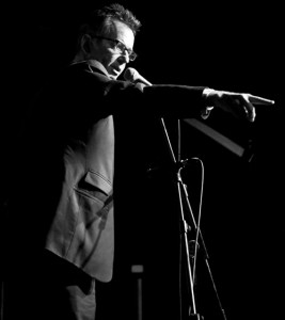 As well as Monsieur Robinet, we will meet his relatives and neighbours in the small town he lives, and his laconic dog, Chirac. With the evening’s entertainment also including an address to aliens on the subject of transport, a poem about a non-talking parrot and some animal impressions with the aid of a handkerchief, it feels safe to assume that John’s never had any complaints about the lack of variety in his performances.
As well as Monsieur Robinet, we will meet his relatives and neighbours in the small town he lives, and his laconic dog, Chirac. With the evening’s entertainment also including an address to aliens on the subject of transport, a poem about a non-talking parrot and some animal impressions with the aid of a handkerchief, it feels safe to assume that John’s never had any complaints about the lack of variety in his performances.
“We don’t typically use the language of emotion”
He seems at one with his audience when identifying what he enjoys the most about his live shows: “It sounds a bit obvious to say this after thirty years, but I really like to see people laughing. We’re having a good laugh together.” And laughter is never very far away when talking to John – he’s in full giggling flow when he says that, “I like to think that people feel like they do when they’ve been sick. They feel better for it!”
Audience passivity is certainly not encouraged. Previous shows have included a Q&A session conducted by both parties in the medium of song to a mandolin accompaniment. He’s also invited the audience to take part in a dog-drawing competition during the interval. But he’s not keen on the term ‘audience participation’ because “it always makes it seem less than it is. I like to think of it more as communion. I’ll try and get people to sing the harmony parts of the songs for instance and it actually sounds rather nice. I think they surprise themselves.”
The idea of poems and songs as a way of expressing thoughts and feelings that might otherwise remain unsaid is a significant theme in John’s work. “I guess we don’t typically use the language of emotion. Poetry can make this possible. The show partly involves an acceptance of our own vulnerability; about trying to see our errors and weaknesses as our friends. It’s about saying that… but whilst balancing a carrot on your glasses.”
“There are daft things and there are poignant things”
Vegetables, dogs and spectacles; admirers of John’s work will recognise these recurring subjects, along with others like dads, buses and rice grains. It is recognisably the world we all inhabit but one which has been shaped by whimsy, wit and an ear for a bloody good tune.
The inspiration for The Adventures of Monsieur Robinet was John’s father’s upbringing in France and the way that his father hid away his foreign background when he moved to England. “My dad was born Rene but he was just called ‘Bob’ in England. A lot of us hide things away in order to fit in. I want to celebrate that little bit of all of us that is hidden.”
A critic’s description of John as a cross between Alan Bennett and Elvis Costello only serves to make the point that no-one else does quite what he does in the way that he does it. “There are daft things and there are poignant things. I go between the two extremes. I do like to go below the jokes. Daftly poignant, I suppose, or poignant without being a pain in the arse.”
“There is a warmth in the North”
Although Lutonians will understandably claim John as one of their own, he also has strong honorary-Yorkshireman credentials. He graduated from Bradford University in the 1970s – “I went to see Luton Town play Bradford City. We had a couple of hours wandering round the town and I just thought it was an amazing place.” He says he has a poem about a Bradford curry house but it’s a bit long. Instead he recites one of his more economical poems about Bradford:
Bradford, Yorkshire to Bristol, Temple Meads.
You don’t have to change your underwear.
But you have to change at Leeds.
His actual first public performance was a busking gig outside a shoe shop in Hull. Whether he was ever tossed a pair of suede moccasin boots has been lost to history, but he hasn’t forgotten what he liked particularly about his student years. “There is a warmth in the North. It’s a bit of a cliché about the grittiness. But warm grit! I like a handful of warm grit and I like to throw it at people’s windscreens; no, glasses – but not in a nasty way!”
 “A poet can be a bit like a lightning conductor”
“A poet can be a bit like a lightning conductor”
He wants to assure everybody that he won’t be throwing any grit, warm or otherwise, from the stage this summer – “or at least only in metaphor!” Children are as appreciative of his work as much as adults and he’s a regular visitor to schools up and down the country. A song particularly favoured by children concerns a certain farting dog. “The song is welcomed by adults as well, but I think the children are extra glad when I tell them that I have a song about a dog that will not stop breaking wind.”
Although John’s showcasing a new collection of poems and songs, there’s still room for old favourites. “You do move on, but hopefully you don’t jettison the stuff that people really want to hear. Like when Elvis Costello does a set, he always combines the old stuff with what he’s been up to recently. So there is the farting dog, but since I wrote that, for instance, my mum and dad have died – that’s in there as well.”
In one of John’s poetry collections, The Family Pack, the poems with little or no humour are distinguished from the funnies with an asterisk. And it’s his combining of the serious with the comic, the familiar with the strange, that’s at the heart of his enduring appeal as a writer and performer.
In common perhaps with many performance artists, John’s subject is life and its everyday absurdities, but his gift lies in how he goes about teasing these things out with humour and melody. Listening to John talk, it’s a song you want to listen to and to join in with. “A poet can be a bit like a lightning conductor where people can share experiences. When it’s going well it can just all fit together. Like a haiku.”
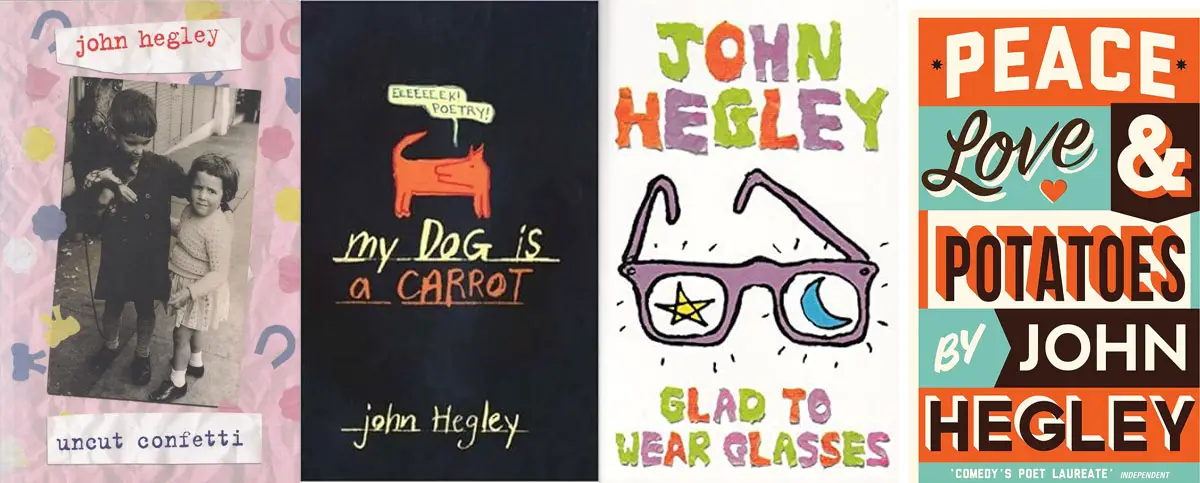

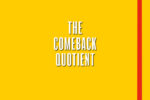

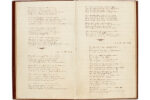


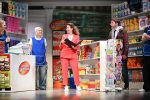
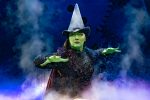


John Hegley Interview by Nigel Armitage – the Liverpool poet in conversation http://t.co/vYVbaHee